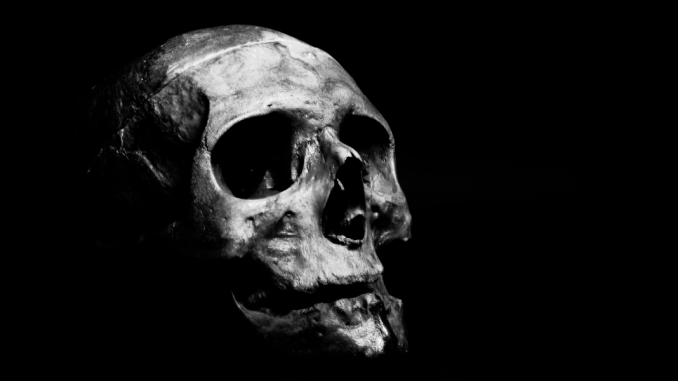
Most people assume cancer is a relatively new disease.
But the Greek Physician Hippocrates first named the disease over 2,000 years ago.
And researchers were shocked by what a 4,000-year-old skull revealed about cancer treatment in Ancient Egypt.
Archaeologists are constantly making new discoveries that help scientists and historians better understand the past.
Last year, archeologists made several amazing discoveries, such as 57,000-year-old Neanderthal markings in a sealed French cave, a 4,500-year-old lost ancient palace in Iraq, an ancient housing complex at Chichen Itza in Mexico, and several others.
But the journal Frontiers in Medicine just published a new study based on a 4,000-year-old Egyptian skull that could change the way scientists view cancer.
The researchers analyzed the brain and discovered that doctors appeared to have used surgical intervention to treat brain cancer.
“What we found is the first evidence of a surgical intervention directly related to cancer,” Edgard Camarós, paleopathologist at the University of Santiago de Compostela in Spain and co-author of the research paper, said. “This is where modern medicine starts.”
The skull belonged to a 30 to 35-year-old man and dates between 2687 and 2345 B.C.
According to the researchers, the man suffered from a large brain tumor and 30 small metastasized lesions.
“Through microscope and microtomography scans, Camarós and his team found cut marks on the skull’s edges right where the cancerous lesions appeared,” Smithsonian Magazine reported.
“They concluded that a sharp metal tool was responsible for the incisions,” Smithsonian continued. “Thus, ancient doctors were not only aware of the cancer, they were likely looking to learn more about it through surgical intervention.”
Scientists admitted that they “could not believe what was in front of us” when they first discovered the lesions.
“There was an uncomfortable silence in the room, because we knew what we had just discovered,” Camarós said. “If those cut marks were done with that person alive, we’re talking about some kind of treatment directly related to the cancer.”
“If we know that more than 4,000 years ago, ancient Egyptians were trying to understand cancer at a surgical level, we are absolutely convinced that this is just the beginning of something that started many, many thousands of years ago,” he added.
Most every American knows someone who suffered from or died from cancer.
Hundreds of millions of dollars are spent each year on cancer research in hopes of finding a cure.
But based on this Egyptian skull, humans have been looking for a cure for cancer for more than 4,000 years.
And while the finding is fascinating, it’s depressing to know that cancer has outwit humans for more than 4,000 years.
